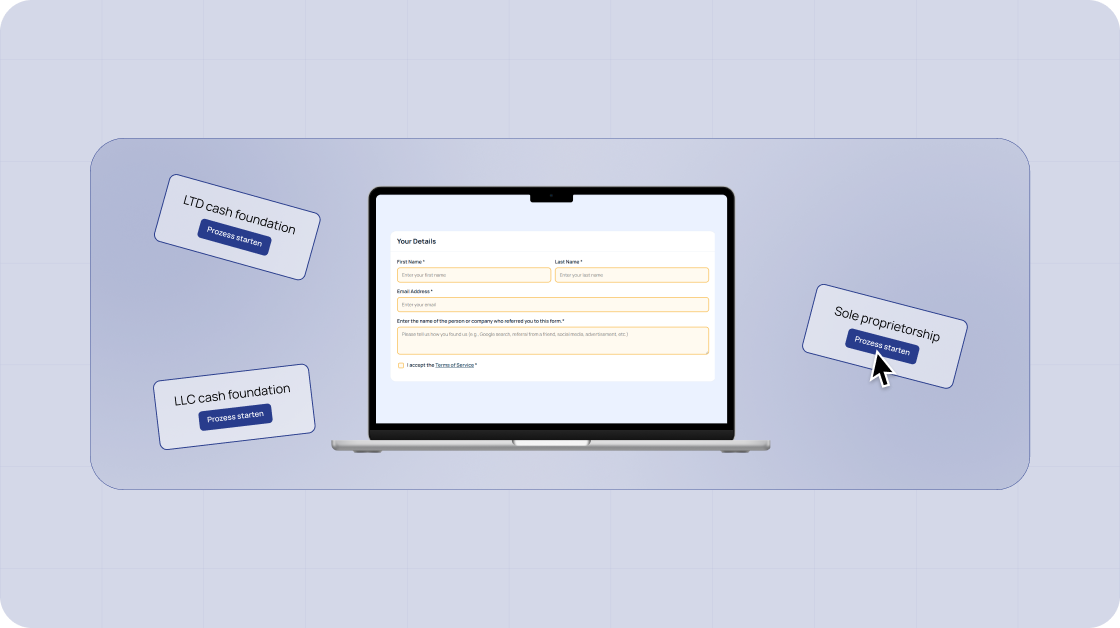Beware of fake invoices for commercial register entries
For years, dubious companies have been sending out deceptively real-looking fake invoices for alleged commercial register entries. This scam is aimed primarily at small and medium-sized enterprises (SMEs), which are to be persuaded to pay for worthless entries in private registers. The article explains how to recognize such fake invoices and what to do if you receive one or have already paid one.
Fake invoices for commercial register entries
SMEs often receive dubious invoices for alleged company register entries, often shortly after a real commercial register entry. These fake invoices look deceptively similar to official documents and lead many recipients to believe that they are paying for a service provided by the commercial register office. In fact, this is a well-known scam.
SHAB reports are used specifically by fraudsters
When a company is founded or a mutation, for example as part of a transfer of registered office, the Commercial Register Office publishes a notification in the Swiss Official Gazette of Commerce (SOGC). Some companies misuse this information to send invoices for private registry entries that look like official invoices. These invoices often require amounts of between 300 and 1500 francs and give the impression that they come from the official commercial register.
How do I recognize fake invoices?
It is not easy to distinguish an official invoice from the commercial register from a dubious fake invoice from a private registry company.
Fake invoices often include:
- A name similar to the official commercial register (e.g. Swiss company register)
- Seat in a different canton than the cantonal commercial register office
- lowercase letter that declares the voluntary nature of registration
- Lack of breakdown of fee items
- Bank account on the payment slip is to a private company
Official invoices include:
- An official name such as “Commercial Register Office of the Canton of Bern”
- A clean list of fees
- The fee for a physical extract from the commercial register
- Mostly the cantonal coat of arms
- Contact details of an official, public body
- Payment slip for a cantonal bank account
In case of doubt, however, it is always recommended to contact your account manager at MKY Treuhandpartner GmbH or the responsible cantonal commercial register office and ask whether it is a genuine invoice. An overview of the contact details of the individual commercial register offices can be found on the website of the Federal Commercial Register Office EHRA ( Central company index — commercial register offices).
How should I react if I receive a fake invoice?
If you receive such a fake invoice, you do not have to pay it, of course. You can also file a complaint with the police or public prosecutor's office, as such companies are opposed to unfair competition under federal law (UWG, SR 241) make it punishable. Fraudsters often start new companies or relocate their headquarters to remain undetected. Cases can be reported to SECO to assist authorities with their investigations. If you have paid a questionable bill, it is rather unlikely that you will get your money back.
Conclusion
Companies should pay particular attention to their invoices when starting up or making changes. They often receive fake invoices, which look confusingly similar to an invoice from the commercial register office. Instead, it is simply an offer for a useless private register. If you receive such an invoice, you should definitely not pay. We also recommend that you file a complaint with SECO and consider filing a complaint with law enforcement authorities for the violation of the UWG.
Your MKY Group
Disclaimer: The content of this blog post is for informational purposes only and does not constitute professional advice.
Each individual case should be reviewed individually and we recommend that you seek professional advice for specific questions.








